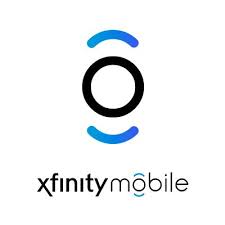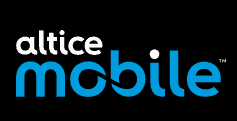![]() Charter Communications this week reduced prices on multi-line unlimited data plans.
Charter Communications this week reduced prices on multi-line unlimited data plans.
A customer with one line of unlimited data service will continue to pay $45 a month for the plan, but each additional line of unlimited data will now cost $29.99 a month — a $15 reduction from Spectrum’s old pricing.
Xfinity Mobile, Comcast’s similar wireless service, already cut multi-line unlimited pricing to $30 a month back in April 2021.

Rutledge
Charter CEO Thomas Rutledge told investors last spring that he wanted to drive customer growth in Charter’s mobile phone offering by slashing mobile service pricing.
“Our goal is to do the same with mobile in our service area as we did with wireline voice, where we made Charter the predominant wireline phone carrier by reducing consumer telephone bills by over 70%, meaning Charter can grow for a long time because we remain under-penetrated and our growth will reduce customer costs,” Rutledge said.
For several years, Charter charged most bundled customers $10 a month for a flat-rate, unlimited long distance home phone line. The company raised prices $3 a month for landline service earlier this year, but claims it still delivers significant savings over traditional landline service.
Both Charter and Xfinity Mobile operate their wireless mobile services using a combination of Wi-Fi calling and roaming on Verizon’s 4G and 5G networks. Customers must agree to bundle home broadband service to get the lowest mobile pricing. If a customer drops internet service, mobile pricing increases $20/mo per line.
Charter’s new pricing undercuts T-Mobile, AT&T, and Verizon:
Service pricing for two-line unlimited data plans
- Spectrum Mobile: $75/mo
- T-Mobile: $105/mo
- AT&T: $125/mo
- Verizon: $130/mo


 Subscribe
Subscribe With record-breaking unemployment and an economy in tatters, consumers are abandoning high-priced mobile plans and switching to lower priced cable operator mobile plans.
With record-breaking unemployment and an economy in tatters, consumers are abandoning high-priced mobile plans and switching to lower priced cable operator mobile plans. “Given the levels of economic hardship that have accompanied the lockdowns, one can reasonably imagine that these kinds of hyper-aggressive pricing plans won’t have much trouble breaking through to capture market share,” Moffett said in a research note.
“Given the levels of economic hardship that have accompanied the lockdowns, one can reasonably imagine that these kinds of hyper-aggressive pricing plans won’t have much trouble breaking through to capture market share,” Moffett said in a research note.
